Scott Simms, Member of Parliament for Coast of Bays – Central – Notre Dame, announced Wednesday that in the coming months the Canadian Coast Guard will be seeking proposals from qualified marine salvage companies for bulk oil removal from the wreck of the Manolis L.
A new grant from Ohio EPA will reimburse owners of large diesel or gasoline vehicles for a portion of the cost of the conversion or replacement of engines to use compressed natural gas, liquefied natural gas, or liquid petroleum gas such as propane or butane, including bi-fueled or dual-fueled vehicles that can run on both an alternative fuel and on gasoline or diesel fuel.

PHOTO: WILDLIFE CONSERVATION SOCIETY
The Government of Colombia has recently established a new marine and coastal area for conservation and sustainable use in partnership with local communities in Tumaco, Colombia.
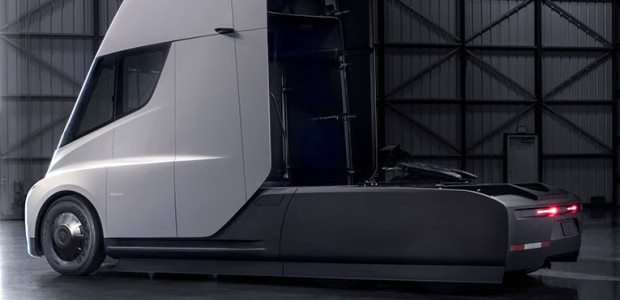
The preorder of Tesla vehicles advances UPS's commitment to reduce its absolute greenhouse gas emissions from global ground operations 12 percent by 2025, the company said, adding that, by 2020, it plans that one in four new vehicles purchased annually will be an alternative fuel or advanced technology vehicle.

The campaign is part of the Wrap Recycling Action Program (WRAP), a public-private partnership that promotes recycling of plastic wraps and bags.

The results of the three-year study will help USFS learn more about how to use fire on the national grasslands.
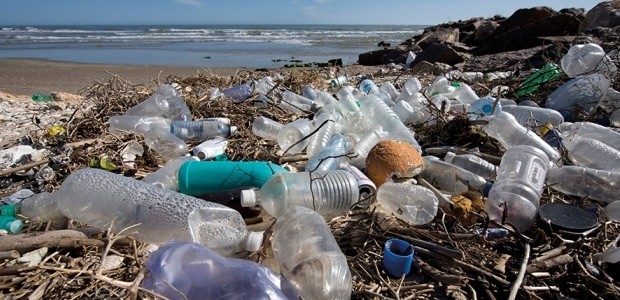
The announcement came Oct. 18 at the Volvo Ocean Race Ocean Summit in Alicante.

The program determines whether manufacturers have adopted or implemented free take-back/recycling programs for their products and awards recycling grants for county or city programs that divert covered electronic devices from their waste stream.

In the next five years, we'll see sustainability in commercial projects moving from a luxury to a requirement. Examining your product and its performance now will put you ahead of the curve.
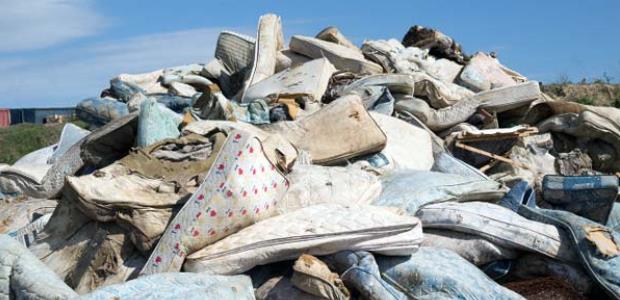
An estimated 18 million mattresses with box springs are disposed in the United States annually, which causes about 50,000 mattresses to be disposed in landfills daily across the country. And some mattresses are illegally dumped, adding to landfill waste.

"Pumped hydro has great potential to solve one of the most pressing energy issues we face – integrating intermittent renewable supply into the grid in a way that delivers reliable, affordable power," EnergyAustralia Managing Director Catherine Tanna said.
"The GRI 403 standard provides a lever for change in corporate reporting practices on OHS globally," said Kathy A. Seabrook, chair of the CSHS Board of Directors. "Safety and health professionals need to step up, participate, and influence the final standard through this public consultation period. It's a significant development in our profession."
NeighborWorks America recently announced a $403,000 grant to Mutual Housing California for green building, renovations, programs and operations.

Climate change, renewable energy, low-carbon economy: For some, these are catchwords and arguments for a global ecological rethink. For others, they stand for a business segment that couples environmentally friendly technologies with a clear vision to ensure we can leave a world worth living in for future generations.
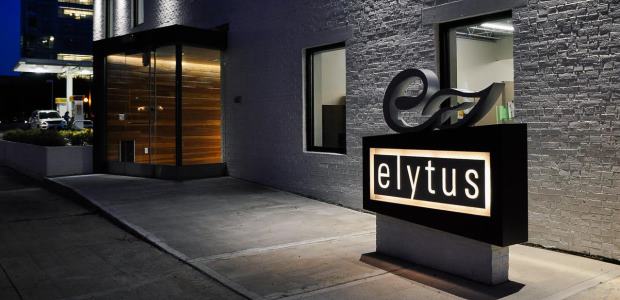
The company provides waste management and environmental services to its clients, focusing on recycling and sustainability.
The company uses Direct Object Printing, a patented technology for packaging decoration. It uses specially developed inks that are fully compatible with closed-loop recycling and cured using low-energy LED lights, with images directly ink-jet printed on to plastic bottles and containers.
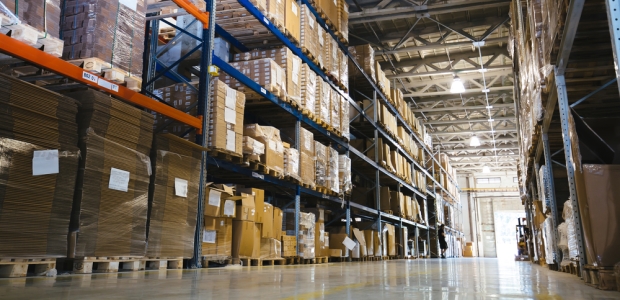
Many in the U.S. logistics industry are "going green" for one very good reason: Becoming more sustainable helps them operate in a leaner, more efficient manner and is proving to be a major cost savings.
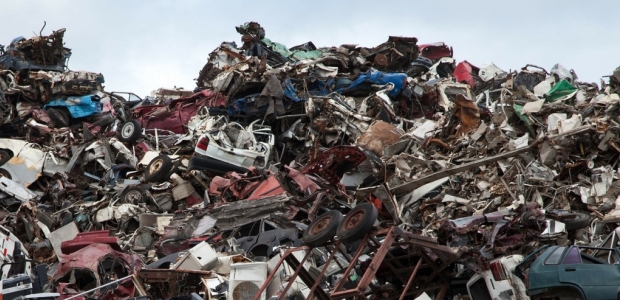
Recycling metal or salvaging scrap metal and selling to the recyclers can be a great income source. Recycling is less expensive than extracting metal, needs less energy, and helps in saving fuel.

Its 2016 Sustainability Progress Report says the company is on track to source 100 percent sustainable cotton by the end of 2018, to eliminate the use of about 70 million plastic shopping bags as a result of the global switch from plastic bags to paper bags in retail stores, and to achieve 23 percent water savings per employee on adidas sites.